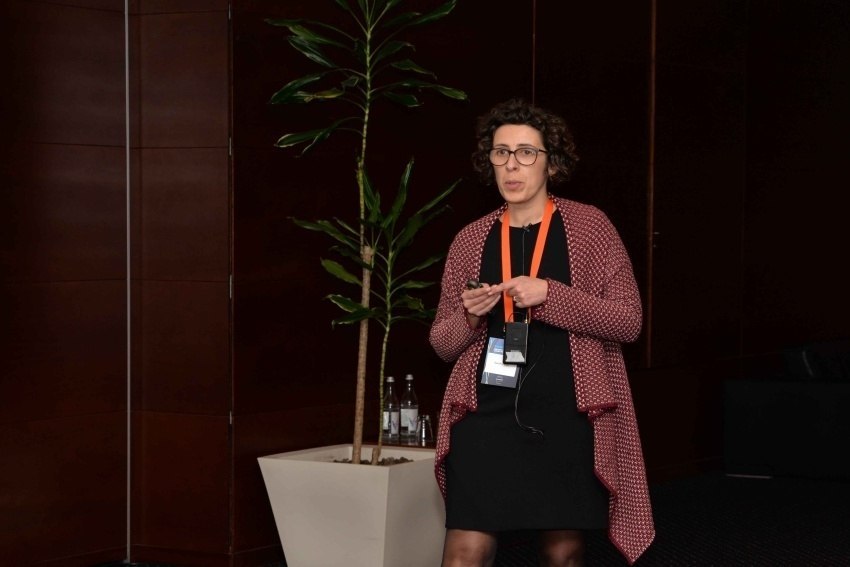Making time, an (im)possible event
28/05/2018
Professional Event Organisers are well-known and courted for their creative ability, transforming simple ideas into experiential moments of joy and memory, creating value for their customers, partners, suppliers, employees and professionals with whom they relate.
They are often confused with characters from adventure and fantasy series, because in our assumptions, they are always bubbling up creativity and magic by transforming simple areas into full story scenarios. They have made us believe they are always full of energy, that they do not sleep, that they do not need to feed themselves, and that they can do tricks and illusions, and in the limit, all sorts of miracles. And in this fantastic panorama, symbolically designed, time is just a detail that is obviously part of their magic kit. And we are lead to think they will create time from a magic wand or from the hat from which the rabbit comes out.
But the truth is that, as much creative gifted event professionals can be, as many hard and soft skills they have acquired and developed under their experience and learning, time is an impossible dimension to create - 60 minutes will always be 60 minutes, regardless of the professional's attitude and flexibility.
In this regard, in the results of the survey Cristina Fernandes and Susana de Salazar Casanova carried out on the sector, which Event Point published, the dimension of time was brought up with the inherent consequences that are revealed by its pressured management. Deadlines between request and proposal design are increasingly shortened, as is time between awarding the event and its operational part.
This risky strategic option has an invisible cost in the sector, causing a physical and emotional exhaustion in the professionals. Burnout - which is talked about so much these days - will probably be a growing reality in this sector, requiring a vital energy above average, focus, rigor and concentration, aiming at quality of excellence and controlled risks. Events have general rehearsals, but on the scheduled date the rehearsal is over, and the magic is only the result of the involved professionals' effort, dedication and zeal.
Quality depends proportionally on everyone's participation. We speak often of loyal customers, considering that these players allow the company to maintain and prosper its business. The paradigm can, however, also be looked at from another perspective, the loyalty of suppliers. After all, they are the ones who also enable their peers' businesses to endure and prosper.
Faced with the satisfaction of an event company's work, which guarantees its customers a hybrid service of quality, excellence, innovation and creativity, the focus could be recognising and building loyalty. Somehow esteem and defend these precious professionals from unnecessary wear related to tight deadlines, sometimes unattainable. In short, allowing the professionals'energy and time to be applied in conceiving and operating the creative concept, generating differentiating inputs.
It is, in fact, a matter of choice to choose quality time versus compression time. In both options reside consequences. There are those who find that event professionals work best under pressure, which drives their creative energy. Considering that they work in non-stop pressure for the responsibility that everything goes well, we should relieve their burden in the dimension of time.
Sandra Dias, Consultant and Trainer


